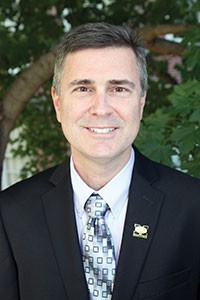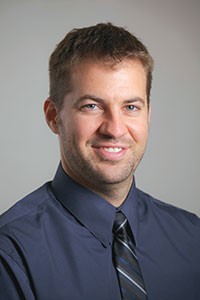$2.3 Million NSF Grant Targets Elementary Math Instruction
Mizzou Ed researchers want to know whether mathematics learning outcomes for elementary students differ depending upon teacher expertise and classroom assignment.
Researchers will monitor the impact of using elementary mathematics specialists and how the specialists are assigned in schools. (Mathematics specialists are certified through a two-year program of study). The results will help school and district leaders throughout the nation provide all students with high-quality mathematics instruction.

The four-year grant will study elementary students’ mathematics learning outcomes in relation to teacher expertise and classroom assignment. Researchers will monitor the impact of using elementary mathematics specialists and how the specialists are assigned in schools.
The results will help school and district leaders throughout the nation provide all students with high-quality mathematics instruction.

“In the United States, most elementary teachers are generalists, unlike middle or high school teachers who focus on specific content areas,” says Barbara Reys, Curators Professor and Lois Knowles Faculty Fellow. “Improving student achievement in mathematics at the elementary level is challenging because teachers must be knowledgeable about many content areas and rarely study mathematics in depth in college. This lack of content-specific training is problematic because research has shown that students’ mathematics learning improves when their teachers have mathematical knowledge and expertise.”

Reys and a team of Mizzou Ed researchers will study teaching and student learning in multiple Missouri public schools for a project called “Studying Teacher Expertise and Assignment in Mathematics (STEAM).” The other researchers include Corey Webel, assistant professor in LTC; James Tarr, professor and associate division director in LTC; and Nainbo Dong, assistant professor in ESCP.
Webel said the aim of the project is to advance a discussion about supporting improved teaching of mathematics at the elementary level.

“The ultimate goal is to improve students’ mathematics learning outcomes,” Webel says. “We know having teachers with mathematics experience who can use mathematics to design and implement sound instruction corresponds to stronger student performance. Exploring ways to provide more students with access to mathematics specialists is important.”
The researchers currently are recruiting school districts and teachers to participate in the study, which will be implemented in schools during the 2015-16 and 2016-17 school years.